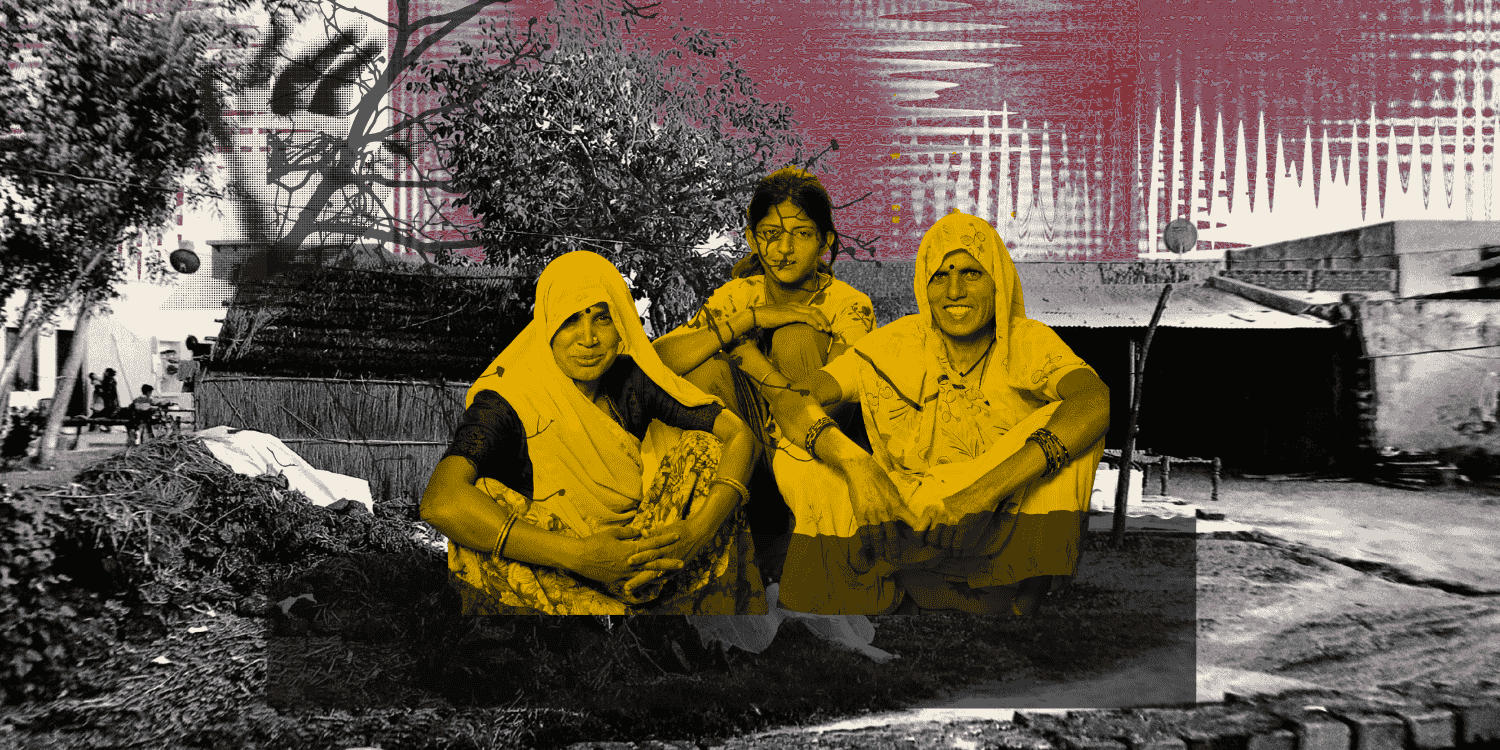Abstract
The financial sector is responsible for large-scale investments in the fossil fuel industry. The current global warming and climate change trends demand urgent scrutiny of the sector’s investments. There is a need for the financial sector to invest in projects and companies that adhere to sustainable business practices. In doing so, banking and financial institutions must build on international standards and discourse to suit the Indian context. This issue brief aims to give an overview of the role of the Indian banking sector in the climate crisis while recommending a way forward.
Keywords: Fossil fuel financing, climate crisis, banking, emissions, ESG
Introduction: The Role of The Banking Sector in the Climate Crisis
India faces a severe threat from the ongoing climate crisis. With the current global temperatures being 1.2℃ above pre-industrial levels, the world is moving toward a 3℃ temperature rise. Even if the major economies of the world act urgently to keep the atmospheric temperature increase to 1.5℃, as outlined under the Paris Agreement, India will continue facing its share of climate-related issues. The Intergovernmental Panel on Climate Change [IPCC] concluded that emissions from fossil fuels are one of the major causes of global warming and climate change. In 2018, 89% of global carbon dioxide emissions came from fossil fuels and related industrial activities (ClientEarth Communications, 2022). Indian financial institutions and banks, including the State Bank of India [SBI], Axis Bank, ICICI Bank, HDFC Bank, and The Trust Group, are among the largest financial institutions in the world
that finance fossil fuel projects. According to a recent report by Asapur & Fernandes (2022), a large share of India’s banking sector lacks mechanisms to combat climate change. Financial institutions have a critical role in decarbonising economies and developing green economies. The active participation of banks in sectors like renewable energy and their disinvestment from fossil fuels is the only way to transition to net zero by 2050. Indian banks can play their part in this
transition by considering the measures discussed in this brief.






